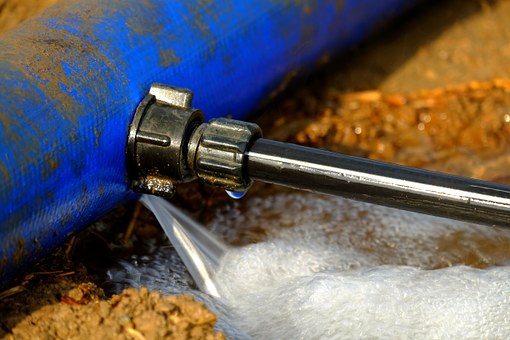As a landlord, when you get a phone call from your tenant to report that the hot water heater in the attic or closet has gone bad and there’s water all over the floor, what do you do?
First, you need to make sure everyone is okay. Check in with the tenants and make sure they aren’t in any kind of danger. The steps that follow are designed to protect your property from further damage.
Shut Off the Water
Your next immediate step is to make sure the water is cut off. The flow of water has to be stopped. If your tenants are savvy and can do that on their own, explain the process and walk them through it. Or, you can go out and take care of it yourself.
If necessary, contact an emergency plumber. The water must be stopped.
Contact a Water Removal Company
Once the water has been turned off, call a mitigation company that does water removal. They can pull water out as quickly as possible and start the drying process right away. The whole idea is to mitigate this situation immediately. Water damage only gets worse.
Sometimes, property owners with rental properties work for owners who live in different states or even out of the country. If they don’t authorize the property manager to mitigate the situation, the problem will get worse. You cannot simply throw some fans down and hit the area with a shop-vac in order to save dollars.
If that’s your idea of a solution, you will without fail begin to smell mildew a few days later. This is especially true in the hot Texas heat. Let the professionals take care of the mitigation process, and make sure your property managers have the authority they need.
Protecting Against Further Property Damage
Without professional equipment, water will be trapped behind walls and under floorboards. You want to stop the continuation of damage, and professionals have the best resources and tools to do that. The goal is to contain the damage.
 When you get that telephone call about water damage, make sure the tenants are okay. Then, get the water shut off from the supply line and get in touch with a mitigation tech or a restoration contractor to begin the water removal and drying process. Don’t try to do this yourself, because you won’t find all the water.
When you get that telephone call about water damage, make sure the tenants are okay. Then, get the water shut off from the supply line and get in touch with a mitigation tech or a restoration contractor to begin the water removal and drying process. Don’t try to do this yourself, because you won’t find all the water.
If you have any questions about protecting your property from water damage, please contact us at PMI McCaw Properties.




